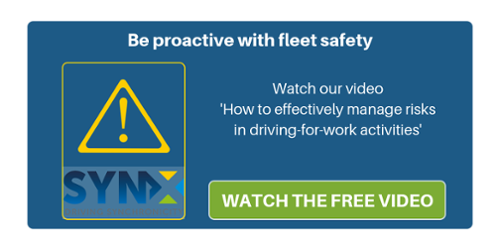
With the growing concerns for the second wave of the Coronavirus pandemic spreading in Europe, governments and organisations start to be concerned about the mental health crisis happening aside of the physical one.
The driving activity continues to be a risky one per se, but given the circumstances of drivers being essential workers and due to the fact they might be more exposed to the virus, COVID-19-related risks are an extra reason for drivers to feel under pressure.
Engaging with drivers is now more important than ever: mental health can also have an impact on driving safety, making drivers more likely to take risks and less cautious. Fleets should keep the conversation open with drivers and be available for drivers to express any potential concern that might impact on their activity. Employees should have an easier access to mental health resources that can help them to release stress, to lead a healthy life and have a good sleep to prevent fatigue. So what are some of the steps fleets can take to do so?
Concentrate on mental health awareness. This should be done on different levels, from appointing a responsible for leading mental health activity, to offer mental health training on how to support staff with stress or mental health issues.
Know what employees think. Set up employee surveys to plan for mental health workplace policies and know how your team feels in different working situations to set up appropriate measures.
Offer regular assessment. Employees might feel more concerned about their skills because of the pressure coming from the job and the pandemic: make sure there is space for training and regular assessment to address their concerns.
Use technology to detect issues. There is many tools nowadays that can help prevent safety issues in fleets before they actually exist: think about telematics, collision management, distracted driver solutions that can also make your drivers themselves feel safer and relieved.

Photo by Victor Xok on Unsplash



